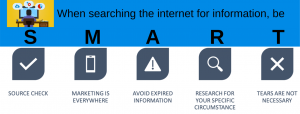
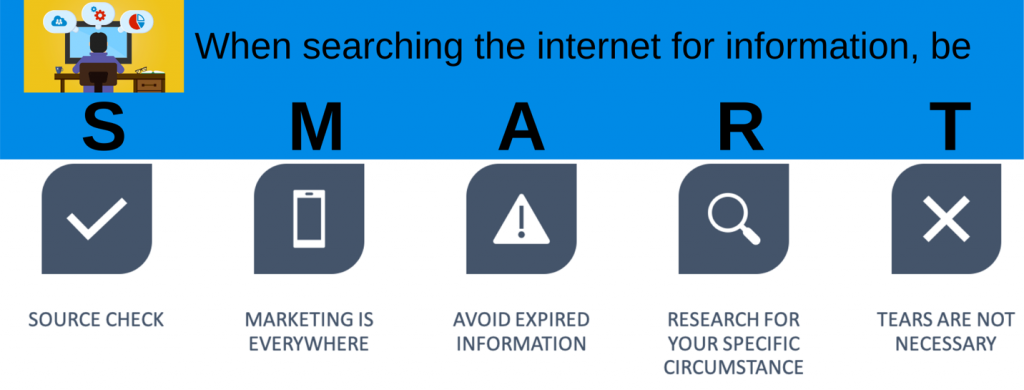
I just finished attending a staff meeting with the team at Crosby Scholars Iredell County. We were discussing the appropriate curriculum and ways to get key information to students and parents in our program. In this COVID, Pandemic world we live in, more people are looking to the internet for information. Any kind of information.
How do I bring out the curls in my hair? How do I apply makeup to look skinny? Top 10 ways to learn virtually? How to write the best essay to get you into all Ivy League schools? You know what I am talking about, you each have gone to that much-loved search bar and typed in a question and been directed to a list of resources.
What you do next is sometimes a game changer. Do you click on the first 5 on the list? Have you noticed that those sometimes have the word (AD or Advertisement) in the line? This means they paid to be in this spot and just because they come up first does not necessarily mean it is the most accurate or relevant information. Here are a few tips to help you make sure the information you find actually provides accurate information. (I am going to gear my remarks towards college access.)
Source Check
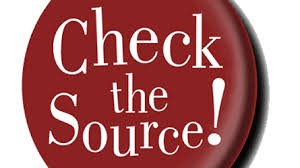
- Check the Source – Who is providing the information? Is it a reputable organization, like Crosby Scholars? What experience does the writer or site have in the realm of your search? Visit their website without going through the link and see what they are all about. There are also sites like SNOPES.com; truthorfiction.com; factcheck.org you can use to check the validity of a claim.
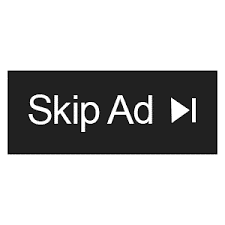
Marketing is Everywhere
2. What are they selling? – EVERYONE is SELLING SOMETHING! YouTube channels want you to subscribe, you might have to watch advertisements until that lovely SKIP ADS button appears. Most businesses are sharing information to push you to purchase or investment. While Crosby Scholars is a free program, we want you to use our services or become a participant. We never charge a fee for our academies, information, or participation. Many websites have fees, they will tease you with a video or article about the best way to do something, but if you really want the knowledge you can, 1 share your personal information or 2 pay a small fee to get access to what is next. Proceed with caution!
I want to be clear! There are LOTS of reputable organizations offering services that are reasonably priced with good outcomes. With my Non-Profit Hat on – I would like you to search for FREE resources. I bet you can find the information, skills, knowledge you are looking for at no cost to you.

Avoid Expired Information
3. Check the Date – Is the information provided current? Things change sometimes by the minute. Information about COVID 19 from March is really not relevant any longer. So many things have changed and so much has been learned that videos, articles, papers are really out of date. If you are researching a history project that dates thing might not be as important but as for College Access information, this is a moving target right now and you want to find the most recent info.
Research for your specific circumstance
4. Go Straight to the School’s Website – So many organizations and groups want to be the end all be all for college access information. At the end of the day most of the people giving you advice, or information are providing that information in general terms. If you want to know SPECIFICS, go straight to the horse’s mouth. Example: A recent news program shared a video that spoke to the ability to haggle with schools over the cost of tuition. They shared 2 student’s stories. If you watched that and you do not understand the specifics that went into that student’s outcome, you might be really frustrated with your outcome in a similar attempt. Example: Financial Aid questions about your specific situation should be addressed to your school’s financial aid office. They know what they are looking for and you can get your answer directly.
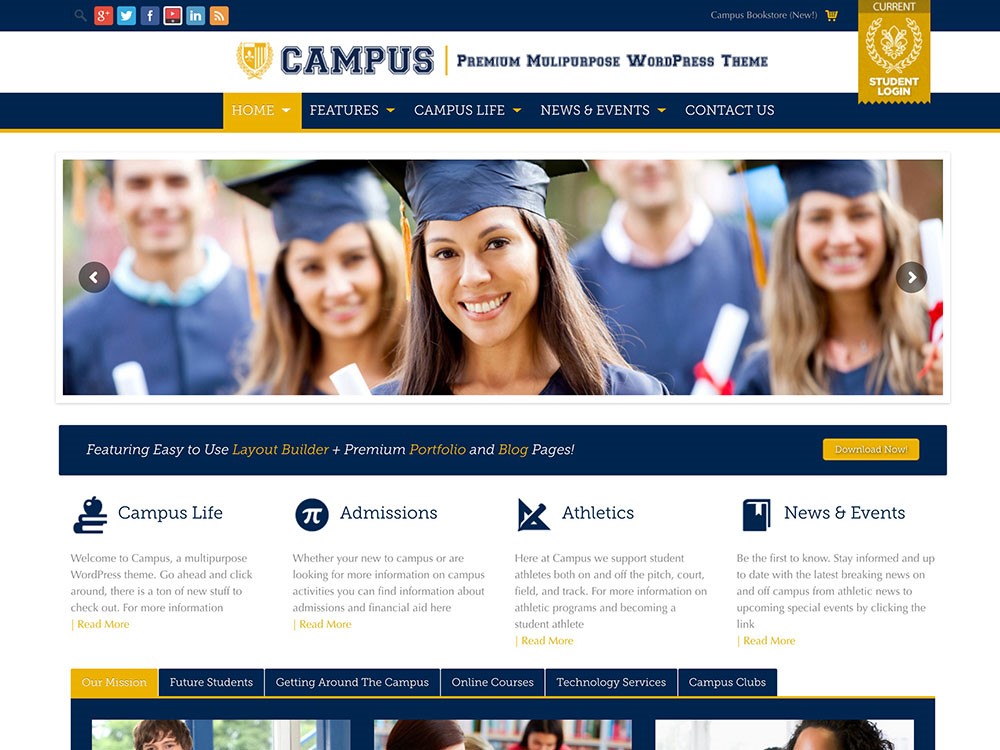

Tears are NOT Necessary
5. Keep an Open Mind – I read A LOT of content about College Admissions, Test Prep, Financial Aid, etc. Because I am looking through my filter of helping many different students in different situations, it is easier for me to objectively review the information and not get upset or take it personally. While keeping an open mind, understand the audience, don’t automatically give up because someone said on YouTube that they did not get into a school because of a test score. Don’t be discouraged, don’t give up! Make a list of things that you question and dig deeper into the topic. Example: Talking about the cost of college and scholarships and federal aid. You might start your search with high-level general information, but then dig deeper by going to Net Price Calculators at the schools’ websites and visit the studentaid.gov site to get your questions answered.
In this very VIRTUAL world we are working in, be SMART about how you find your information. Check the source, don’t buy what they are selling, check the date, dig deeper at organizations’ sties and KEEP AN OPEN MIND!

